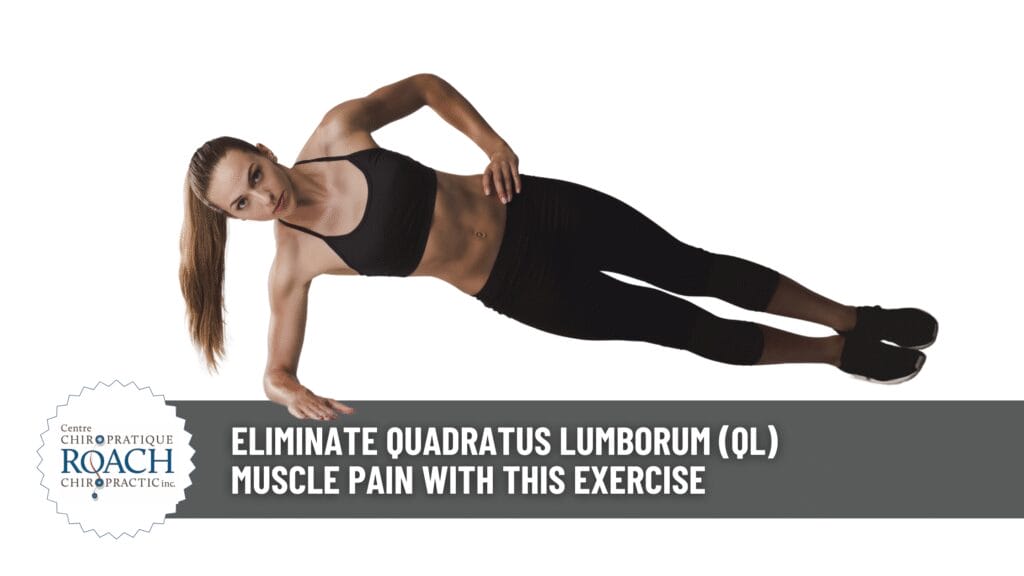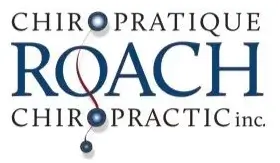Eliminate QL Muscle Pain With This Exercises – Quadratus Lumborum Muscle Pain

The Quadratus Lumborum (QL) muscle plays a crucial role in stabilizing the lower back and pelvis. However, when this muscle becomes tight or strained, it can lead to chronic lower back pain, discomfort, and mobility issues. Chiropractic care offers effective solutions for managing QL pain, including targeted exercises that alleviate tension and restore function. In this blog post, we will explore QL muscle pain, its prevalence in Canada and worldwide, identifying symptoms, a step-by-step exercise guide, best practices, and why ongoing chiropractic care is essential for long-term relief.
Quadratus Lumborum Pain Statistics: Canada & Worldwide
QL muscle pain is a common contributor to lower back pain, affecting millions globally. In Canada, low back pain accounts for 20% of all chronic pain cases, with over 4 million Canadians experiencing persistent discomfort. Worldwide, low back pain is the leading cause of disability, affecting 628.8 million people. The Quadratus Lumborum muscle is often overlooked in treatment plans, despite its significant role in spinal stability and pain management.
Identifying Symptoms of QL Muscle Pain
Recognizing QL muscle pain early can prevent long-term complications. Common symptoms include:
- Deep aching pain in the lower back
- Pain radiating to the hips, buttocks, or groin
- Difficulty standing upright or bending sideways
- Sharp pain when sneezing or coughing
- Feeling of leg length discrepancy due to pelvic misalignment
If these symptoms persist, chiropractic care combined with targeted exercises can help manage pain effectively.
The best exercise to reduce Quadratus Lumborum (QL) muscle pain is the Side Plank with Hip Dips.
This exercise strengthens the QL while improving core stability and spinal alignment.
How to Perform Side Plank with Hip Dips
- Start in a Side Plank Position – Lie on your side with legs stacked and forearm supporting your body.
- Engage Your Core – Keep your body straight, avoiding sagging at the hips.
- Perform Hip Dips – Slowly lower your hip toward the ground, then lift it back up.
- Repeat – Perform 10-15 repetitions per side, ensuring controlled movement.
This exercise helps reduce tension, strengthen the QL, and prevent lower back pain.
Step-by-Step Guide to Relieving QL Muscle Pain
1. QL Stretch
- Stand with feet shoulder-width apart.
- Reach one arm overhead and lean to the opposite side.
- Hold for 20-30 seconds, then switch sides.
2. QL Release with a Massage Ball
- Lie on your back and place a massage ball under the affected side.
- Apply gentle pressure and roll slowly for 1-2 minutes.
3. Side Plank for Strengthening
- Lie on your side with legs stacked.
- Lift hips off the ground, keeping the body straight.
- Hold for 15-30 seconds, then switch sides.
4. Pelvic Tilts
- Lie on your back with knees bent.
- Tilt pelvis upward, engaging core muscles.
- Hold for 5 seconds, repeat 10 times.
Short & Long-Term Benefits of QL Exercises
Short-Term Benefits
- Immediate pain relief
- Improved mobility and flexibility
- Reduced muscle tension
Long-Term Benefits
- Prevention of chronic lower back pain
- Enhanced spinal alignment
- Increased core stability
Best Practices & Routines
To maximize the effectiveness of QL exercises, follow these best practices:
- Perform stretches daily to maintain flexibility
- Use chiropractic adjustments to complement recovery
- Avoid prolonged sitting—take breaks to move and stretch
Chiropractic Quote
“Eliminating Quadratus Lumborum (QL) muscle pain with targeted exercises is key to restoring mobility and preventing chronic discomfort. Chiropractic care enhances recovery by addressing spinal alignment and muscle imbalances.”
Why Consistent Chiropractic Care Matters
While QL exercises provide relief, ongoing chiropractic care ensures long-term spinal health. Chiropractors address misalignments, improve joint function, and prevent recurring injuries. Regular adjustments enhance mobility, reduce inflammation, and support overall wellness.
Take Control of Your Back Health
Lower back pain doesn’t have to limit your lifestyle. By incorporating QL exercises and chiropractic care, you can regain mobility and live pain-free. If you’re experiencing discomfort, contact Roach Chiropractic today to start your journey toward lasting relief.






